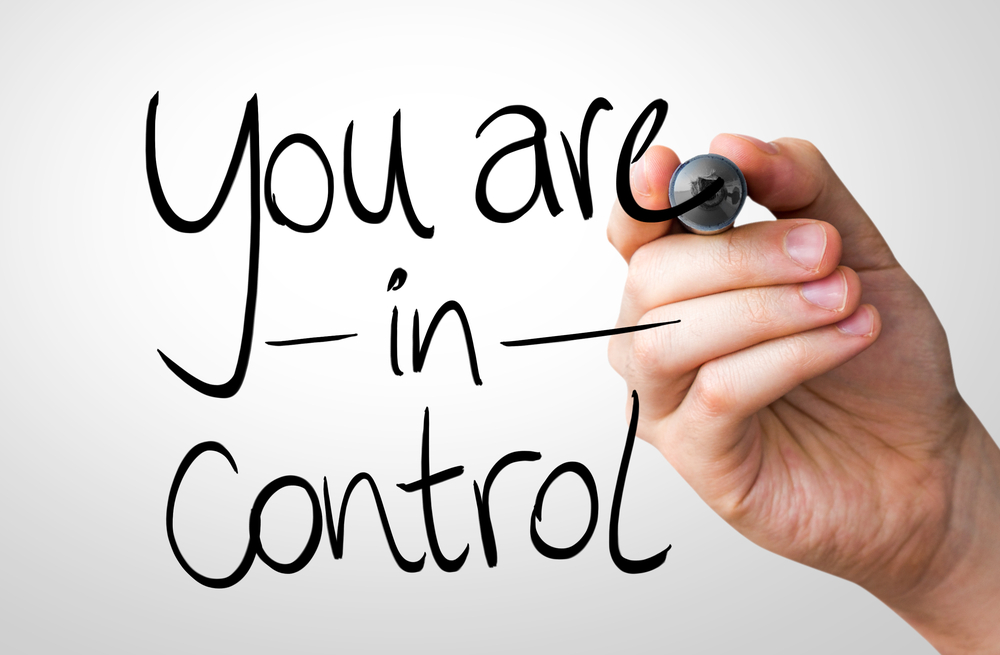I seem to keep having this conversation over and over again:
(Student gets a Writing question wrong)
Me to student: Ok, I know you know how to do this question. What happens if you cross out the non-essential clause between the subject and the verb?
Student: [looks at paper, smacks head] Wow, I really don’t know how I missed that.
Me: What’s the first thing you need to do when you see a non-essential clause?
Student gets a mildly guilty look and doesn’t respond.
Me: Remind me again… What’s the first thing you need to do when you see a non-essential clause?
Student remains silent.
Me: You CAN’T just cross it out in your mind. You have to actually physically pick up your pencil and draw a line through it.
The “hey, how did she know what I was thinking?” look flashes across the student’s face.
Me: C’mon, let’s see you do it!
Student grudgingly picks up pencil and draws a very light line through the non-essential clause.
Me: Do it with conviction! If there’s no other problem, you can always erase it. That’s why you work in pencil!
Student gives me a withering look.
Even after having this conversation dozens of times, I’m a little surprised by the strength of some people’s aversion to marking their tests up (maybe they’ve been trained not to write in their books in school?).
As I’ve said elsewhere, the highest scorers tend to view writing things down and crossing them out as steps necessary to obtain the answer, not simply as roadblocks designed to annoy them and slow them down. Incidentally, the one student I had this year whom I NEVER had to remind to write things down qualified for National Merit after only a handful of tutoring sessions, having scored far below the cutoff on the first practice test he took at the end of the summer. Of course it also didn’t hurt that he was really smart and motivated, but still…
I actually never really considered the psychology behind this resistance before I started writing this post (!) I was originally just going to write a couple of lines about “Why It’s Not Enough to Just Cross Things Out Mentally,” but now that I’ve started thinking, permit me to speculate.
Marking up a test or a passage or any kind of text requires you to engage with it physically as well as mentally. That might seem like a minor and obvious point, but I really think there’s something there. You can be engaged mentally and work hard, but the tactile aspect forces you to experience your actions at a completely different level: when you’re physically marking things up, you can’t tune out. You can’t stay detached from the test, imagining that you’ll just skate through it and miraculously get things right without having to really think hard about them. Even if people don’t do that consciously, I think that at some level they’re still subconsciously unaware of — or unwilling to admit — just how much mental commitment the test requires.
And that leads into my next point: when someone really isn’t comfortable crossing things out or underlining them or notating them in some way, it’s usually because they’re not sure what they’re marking is really important, and their marks themselves tend to reflect that discomfort: they write very lightly and only cross things out partially, doing and not-doing simultaneously, avoiding responsibility and making clear judgements, always leaving themselves a way out… Crossing something out means taking control of it, and that vague sense of domination unnerves people. They’d rather just ask me hesitantly if they’re right. (Of course, sometimes they’re just being lazy too.)
But seriously, I think that whole “responsibility” thing is key. The best SAT questions are constructed in such a way that they metaphorically pin you to a wall. There’s essentially no way to answer them with 100% certainty unless you understand exactly what they’re testing and how to apply that concept to the specific question at hand. They force you to face up to what you do and don’t know in a very bald way — no ego-boosting, no gold stars, no extra credit… Either you know it or you don’t. As a tutor, I do my best to get my students into that mindset: I ask very pointed questions, ones that can’t be bullshitted or evaded, ones designed to figure out precisely where the gaps lie. It might shake them up at first, but as I tell them, I’m not going to be sitting there next to them when they take the test. My job is to get them to the point where they know that they’re crossing out the right things and can do so securely — with big, dark, lines.
